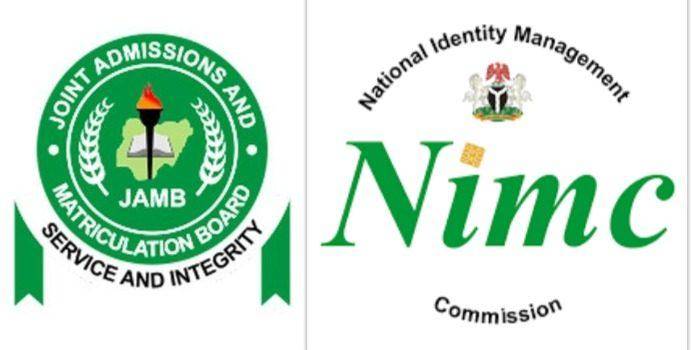The Registrar of the Joint Admission and Matriculation Board (JAMB), Prof. Ishaq Oloyede, has revealed why the admission board introduced the use of National Identity Number (NIN) for the registration of the 2021 Unified Tertiary Matriculation Examination (UTME).
According to the JAMB chief, the National Identification Number (NIN) was introduced in order to checkmate examination malpractices as well as for security reasons.
The JAMB Registrar spoke in Abuja on Friday during a virtual meeting with owners of computer-based test (CBT) centres, service providers and other stakeholders to kick start the 2021 UTME registration.
Read Also: JAMB Lists UNIs That Won’t Admit Candidates With Less Than 200
He said: ‘We don’t even require the name of the candidate, we just want the NIN. We will then do the needful to pull the data of the candidate and the process will go on from there.
‘It’s for security reasons; for us at our small level it helps us to avoid impersonation but there is a bigger picture of insecurity in the country and we know that many of these problems we have are because we have identification problem. We cannot identify every citizen, where he is and what he is doing.
‘Government is trying to ensure that we have some strategy for improving the security system and of course if those who are coming into the tertiary institution are exposed to this basic civil responsibility, it will be good to develop a culture of accountability because accountability starts from being identified.’
Oloyede, who noted that candidates must make use of accessible sim cards which has never been used for UTME registration, said talks were ongoing with the Minister of Communication and Digital Economy to grant a conditioned waiver to an estimated 20 per cent of candidates without a sim card.
While cautioning owners of CBT centres against examination malpractice, the JAMB Registrar said all centres owned by the same owners of a centre caught in the moral act would be suspended.
He said over 100 centres were delisted between 2020 and 2021 for various infractions including registration and examination malpractice.
AFRICA DAILY NEWS, NEW YORK










